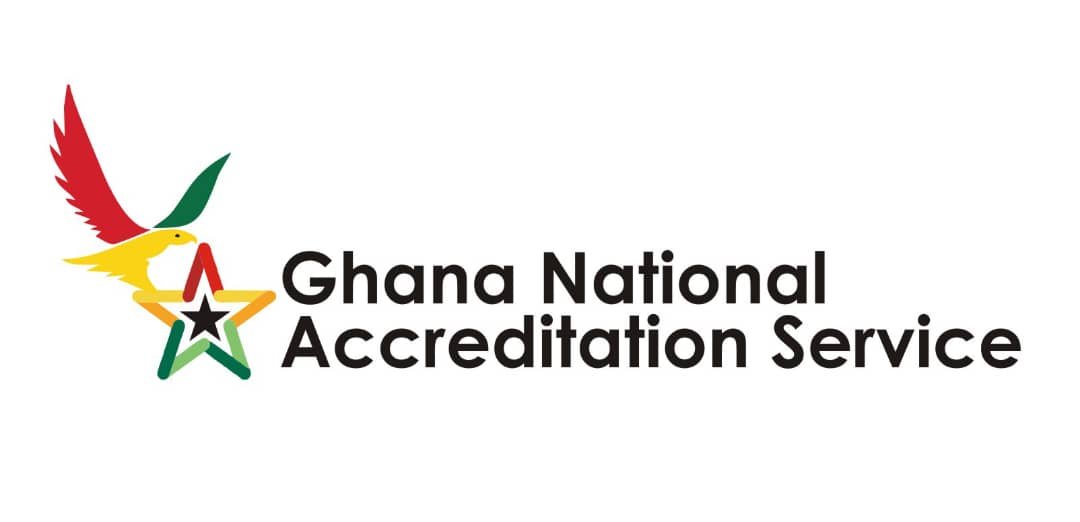Many people may have heard of the National Accreditation Board but hardly do they know all services provided by the institution. Or do they regard the said services should they know little about them?
The National Accreditation Board is now the Ghana Tertiary Education Council after being merged with the National Council for Tertiary Education under new laws.
What is the National Accreditation Board?
The National Accreditation Board is a legally backed institution operating under Act 744: 1 of the Ghanaian Constitution to
- Accredit both public and private institutions based on the contents and standards of programmes they offer
- Determine the programmes and requirements for the proper operation of an institution and the maintenance of acceptable levels of academic or professional standards in the institution in consultation with that institution
- Determine the equivalences of diplomas, certificates, and other qualifications awarded by institutions in the country or elsewhere
- Publish as required the list of accredited public and private institutions and programmes at the beginning of each calendar year
- Advise the President of Ghana on the grant of a Charter to a private tertiary institution
What Services are provided by NAB, now GTEC?
The National Accreditation Board provides the following services;
- Accreditation
- Credentials evaluation
- Quality assurance
- Training
Accreditation
The National Accreditation Board accredits accredits tertiary institutions in Ghana by categorizing them into
- A University which is an educational institution built and tailored for advanced training and research in several branches of learning. This institution is enabled through accreditations from the NAB to confer degrees in various faculties, and it often embodies colleges, schools, and similar institutions.
- A University College, an institution of higher learning that is affiliated with a university and that offers instructions based on programs approved by the university to which it is affiliated and whose degrees, diplomas or certificates are awarded by the parent university.
- A Polytechnic, an institution of higher education in which programs in a large range of subjects, especially, of a technical or vocational kind are available to be taught.
- A College, which is an establishment for further or higher education in the liberal arts (Pure Science or Humanities) or professional studies, sometimes, part of a university like a Business College
- A School, which is an educational institution for higher learning devoted to a special branch of education, for example; the School of Education, the School of Economics, the School of Medicine, School of Law.
Credentials Evaluation
This service assesses educational credentials thus; a certificate, diploma, or degree earned from local and other countries into Ghanaian equivalent.
It involves a general evaluation report, credential verification and authenticity, institutional report evaluation, and establishment of equivalences of certificates acquired at all levels of education.
Quality assurance
This service involves the development of various quality assurance instruments, guidelines, and protocols for all pre-, accreditation, and post-accreditation quality assurance processes.
This service includes academic audits, quality monitoring, institutional reviews, and investigative and verification visits.
Training
The National Accreditation Board is involved in building the capacity of staff, Board members, experts, and client institutions.
The Board organizes this targeted training for each of these interest groups to sustain an institutional culture of maintaining a common understanding of NAB’s operational environment requirements, and laws, policies, standards, procedures, and guidelines used by NAB in its operation.
The major services of the National Accreditation Board are very elaborate and many of them are paid services.
